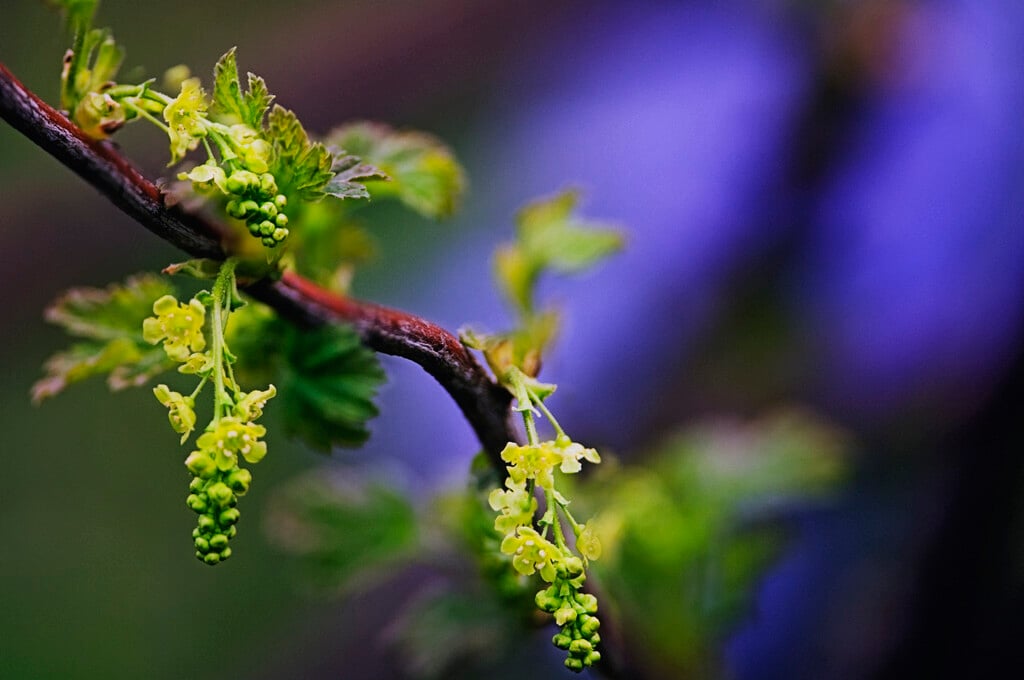Ribes petraeum
rock redcurrant
A deciduous shrub, known as the 'rock redcurrant' which reaches a height of around 1.8m with green foliage. Clusters of pretty red flowers in spring are followed by glossy red berries which are acidic in flavour but good for jams and preserves. The fruits do contain a high quantity of seeds

Size
Ultimate height
1.5–2.5 metresTime to ultimate height
2–5 yearsUltimate spread
1–1.5 metresGrowing conditions
Moisture
Moist but well–drainedpH
Acid, Alkaline, NeutralColour & scent
| Stem | Flower | Foliage | Fruit | |
| Spring | Red | Green | ||
|---|---|---|---|---|
| Summer | Green | Red | ||
| Autumn | Green | |||
| Winter |
Position
- Full sun
Aspect
South–facing
Exposure
Sheltered Hardiness
H6Botanical details
- Family
- Grossulariaceae
- Native to GB / Ireland
- No
- Foliage
- Deciduous
- Habit
- Bushy, Columnar upright
- Genus
Ribes can be deciduous or evergreen shrubs, sometimes spiny, with simple, usually palmately lobed leaves and small tubular or bell-shaped, solitary or racemose flowers borne in spring or summer, followed by juicy, sometimes edible berries
- Name status
Correct
- Plant range
- Europe
How to grow
Cultivation
Redcurrants can be planted in the ground or in a large container in full sun in a sheltered location. See redcurrant cultivation for further advice
Propagation
Propagate by hardwood cuttings from young plants to avoid disease
Suggested planting locations and garden types
- City and courtyard gardens
- Cottage and informal garden
- Patio and container plants
- Edible fruit
- Flower borders and beds
Pruning
Prune twice yearly in summer and winter
Pests
May be susceptible to aphids, gooseberry sawfly, spotted wing drosophila and currant scale
Diseases
May be susceptible to American gooseberry mildew, grey moulds and coral spot
Love gardening
Sign up to receive regular gardening tips, inspiration, offers and more
View our Privacy Policy
Get involved
The Royal Horticultural Society is the UK’s leading gardening charity. We aim to enrich everyone’s life through plants, and make the UK a greener and more beautiful place.